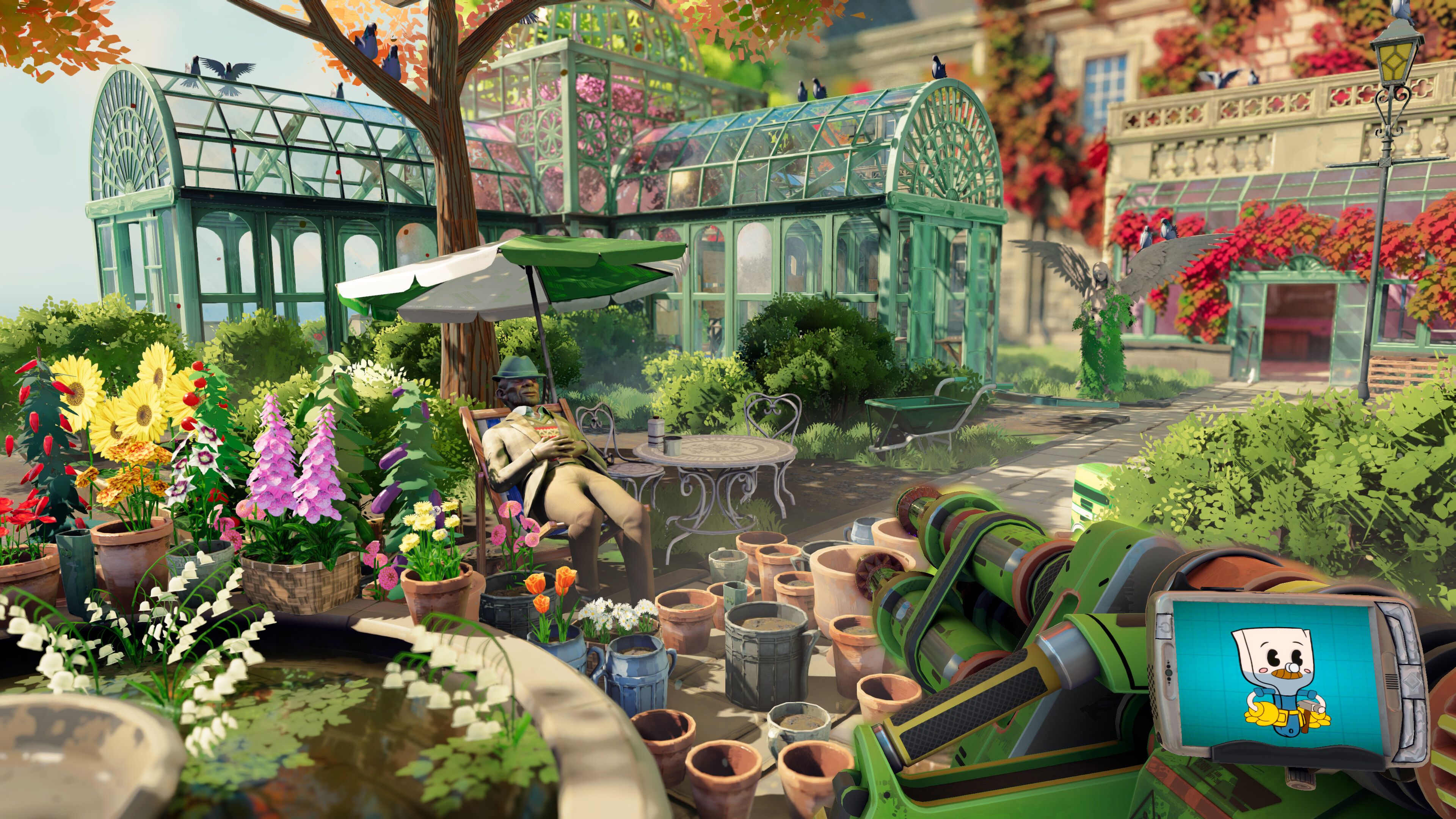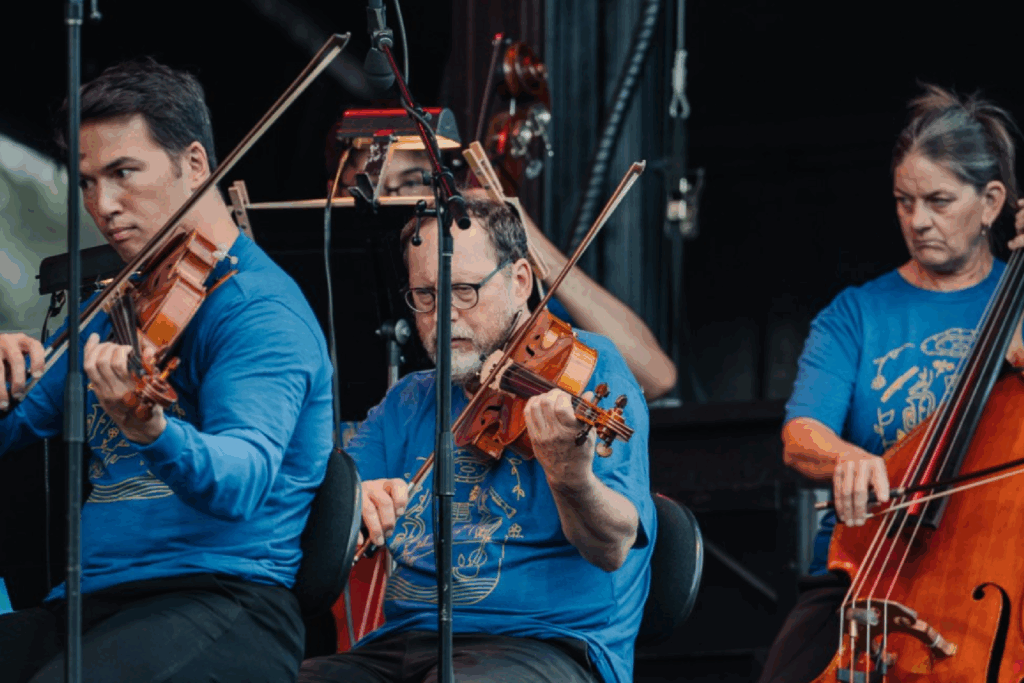What is the purpose of performing arts when the stakes are literally life and death? Pussy Riot’s Riot Days confronts this question with unflinching directness, transforming the concert hall into a space of genuine political urgency that renders most theatrical activism embarrassingly safe by comparison.
This companion piece to Maria Alyokhina’s already published memoir and its forthcoming sequel operates as hybrid form—part concert, part documentary screening, part ritual remembrance. The familiar multicoloured balaklavas anchor visual recognition, but the real power lies in unexpected shifts: vigil-like processions through the audience, baptismal water spraying, an electrifying slide into silence for Irina Slavina, the Nizhny Novgorod activist who self-immolated at 47. These moments transcend the remit of regular performance, verging on something almost spiritual.
The integration of war footage and documentary material alongside the live gig creates jarring juxtapositions that refuse comfortable consumption. When they invoke Navalny or reference Russia’s prohibition of female priests, the political isn’t abstract but immediate, corporeal. One drummer provides surprisingly effective accompaniment to voices that have earned global recognition through genuine sacrifice.
Yet questions linger about context and complicity. The collective’s trajectory – from cathedral “hooliganism” via multiple instances of brutal incarceration to international tour – raises complex questions about how dissent travels across borders and platforms. What exactly is at risk in this live performance and for whom? What about Alyokhina’s casually mentioned child? And how is the West implicated or absolved in all this?
Not for the faint of heart could be an accurate warning here, though not merely for graphic content. Pussy Riot demands confrontation with political realities that most theatre studiously avoids. Their presence reminds us what courage actually costs—and how rarely contemporary performance demands anything comparable from either artists or audiences.
This post was written by the author in their personal capacity.The opinions expressed in this article are the author’s own and do not reflect the view of The Theatre Times, their staff or collaborators.
This post was written by Duška Radosavljević.
The views expressed here belong to the author and do not necessarily reflect our views and opinions.















